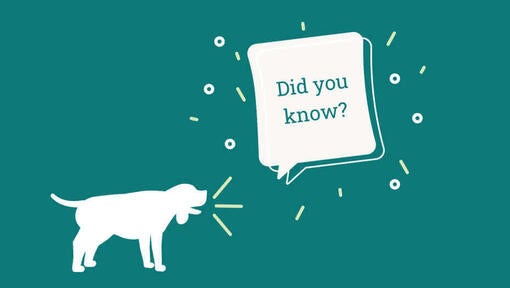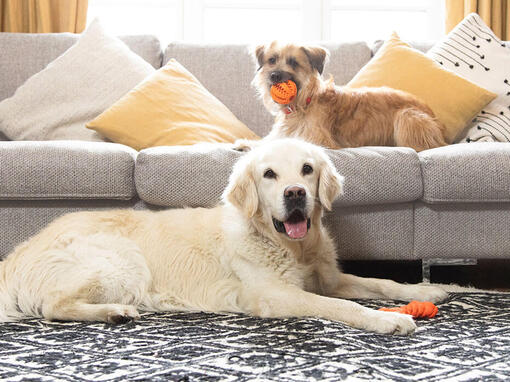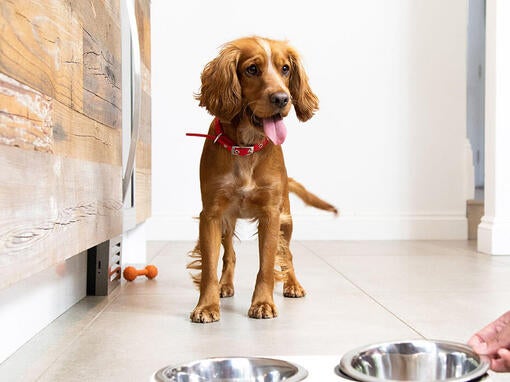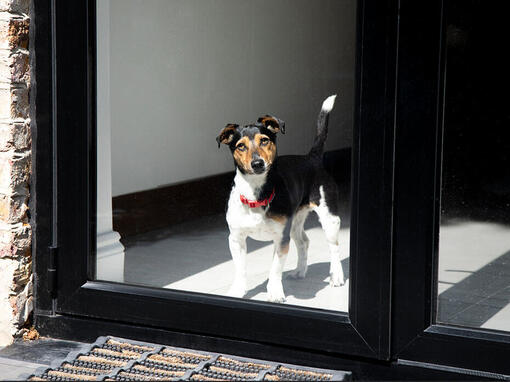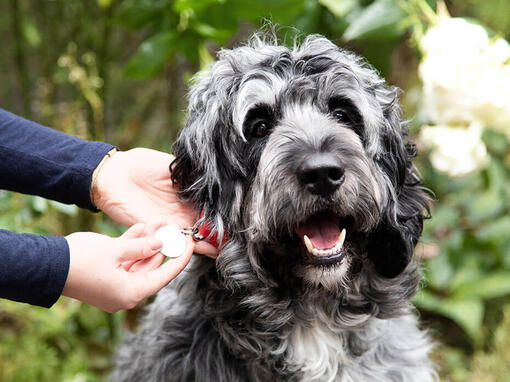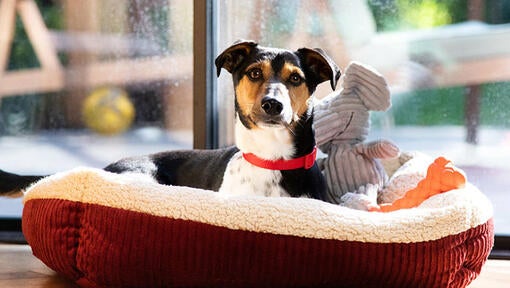Personality
Renowned as a ‘one man (or woman) dog’, the GSD forms a strong, affectionate and close bond with their handler and will want to be with them as much as possible. Their loyalty is undeniable, however unfortunately over the last few decades many breeders seeking to promote their natural guarding tendencies have selected for nervous animals who alert faster out of a lack of confidence and who are willing to use aggression first rather than last.
A well-bred, well-reared German Shepherd should be bold, confident, swift and intelligent, and always calm and steady enough to be able to listen to their owner or handler whatever the circumstances. They are eager to learn and easy to train with the right approach, using kindness, positive reinforcement and patience.




